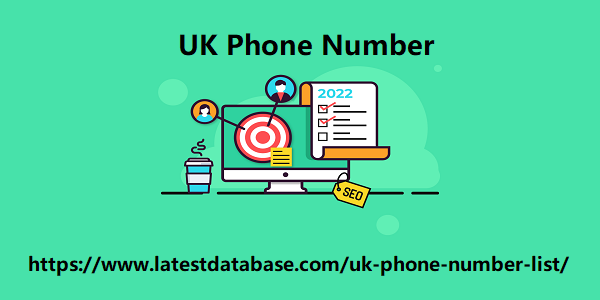Intellectual property challenges complicate
Mar 9, 2024 2:50:06 GMT -6
Post by account_disabled on Mar 9, 2024 2:50:06 GMT -6
Are creations generated by artificial intelligence protected by intellectual property rights? Who would be the owner of these rights?" 15 January 2024 AI Gen, Artificial Intelligence / Artificial Intelligence, News, Intellectual Property How do we want to manage in our digital society the moral rights and economic rights that derive from intellectual and industrial property after the emergence of generative artificial intelligence? The answer cannot be in any caso superficial or inconsequential. Rafael García del Poyo and Alex Rayón Jerez (*) In 1847, a French composer named Ernest Bourget walked into the café Les Ambassadeurs in Paris. Upon entering, he observed how an orchestra in that elegant space was playing a song that he had composed himself. He reacted practically. He ordered a drink, and sat down to enjoy it. After a while, the waiters brought him the bill. Ernest refused to pay for his coffee. He argued that the musicians had been playing his music, so he considered it fair that they should pay him for it anyway. Every generation we have new ideas and questions about how intellectual property should be managed. Currently, the debate is being generated by Artificial Intelligence. Let's take music as a starting point.
Music is an abstract art (the language of representation, the score, must be interpreted). His link with mathematics has always been present. Bach and the fascinating relationship between music and mathematics is well known. For a computer, an abstract and mathematical machine if there ever was one, learning about music is easier than other, more figurative arts. Furthermore, we have a lot of digital data related to music. This coincides with a greater concentration of the industry, and hence there are already several lawsuits for intellectual property UK Phone Number infringements in the music sector. Let's move on to the world of written text. At the time of writing, the leading media outlet on the planet today, the New York Times, has sued OpenAI for alleged intellectual property rights violations. The media outlet argues that its articles have been used to train systems like ChatGPT. Many have already called it the “Napster moment” of the generative era. The judge's ruling could stop its development. And, technically, it is difficult to find the “trace” of the “imitation” in the “emergency.

Transformers, the base architecture, do not work by “replicating”. Read the full article at Trends 21 >>> This article is part of a series of publications on the use and application of Artificial Intelligence and Generative AI tools in the legal sector, to raise awareness among professionals in this sector about the many benefits and advantages they offer. Artificial Generative Intelligence (AGI) is radically transforming the legal field. Anticipating these changes and taking advantage of their potential can generate significant transformations for jurists. Therefore, the Foundation Fide and Brain & Code present the Generative Academy and its AI training program for lawyers, IAGen for Law. IAGen for Law is presented as a training solution designed to bring digital transformation to the legal world, optimizing operations and strategies through the use of Generative Artificial Intelligence This program not only represents a leap into the future, but is also an invitation to experience how technology can radically transform legal practice. To master Generative AI, we present two innovative training programs for lawyers.
Music is an abstract art (the language of representation, the score, must be interpreted). His link with mathematics has always been present. Bach and the fascinating relationship between music and mathematics is well known. For a computer, an abstract and mathematical machine if there ever was one, learning about music is easier than other, more figurative arts. Furthermore, we have a lot of digital data related to music. This coincides with a greater concentration of the industry, and hence there are already several lawsuits for intellectual property UK Phone Number infringements in the music sector. Let's move on to the world of written text. At the time of writing, the leading media outlet on the planet today, the New York Times, has sued OpenAI for alleged intellectual property rights violations. The media outlet argues that its articles have been used to train systems like ChatGPT. Many have already called it the “Napster moment” of the generative era. The judge's ruling could stop its development. And, technically, it is difficult to find the “trace” of the “imitation” in the “emergency.

Transformers, the base architecture, do not work by “replicating”. Read the full article at Trends 21 >>> This article is part of a series of publications on the use and application of Artificial Intelligence and Generative AI tools in the legal sector, to raise awareness among professionals in this sector about the many benefits and advantages they offer. Artificial Generative Intelligence (AGI) is radically transforming the legal field. Anticipating these changes and taking advantage of their potential can generate significant transformations for jurists. Therefore, the Foundation Fide and Brain & Code present the Generative Academy and its AI training program for lawyers, IAGen for Law. IAGen for Law is presented as a training solution designed to bring digital transformation to the legal world, optimizing operations and strategies through the use of Generative Artificial Intelligence This program not only represents a leap into the future, but is also an invitation to experience how technology can radically transform legal practice. To master Generative AI, we present two innovative training programs for lawyers.